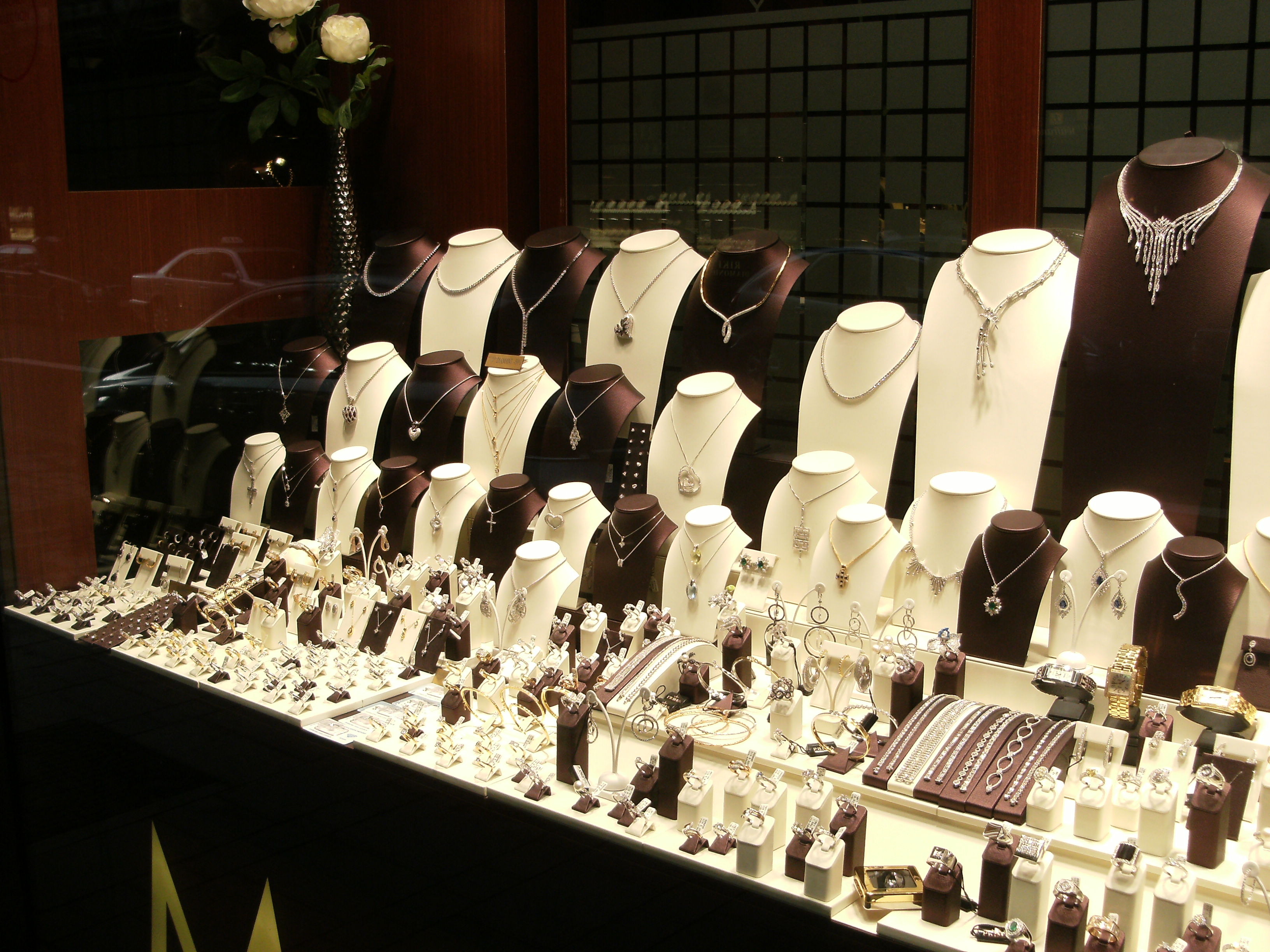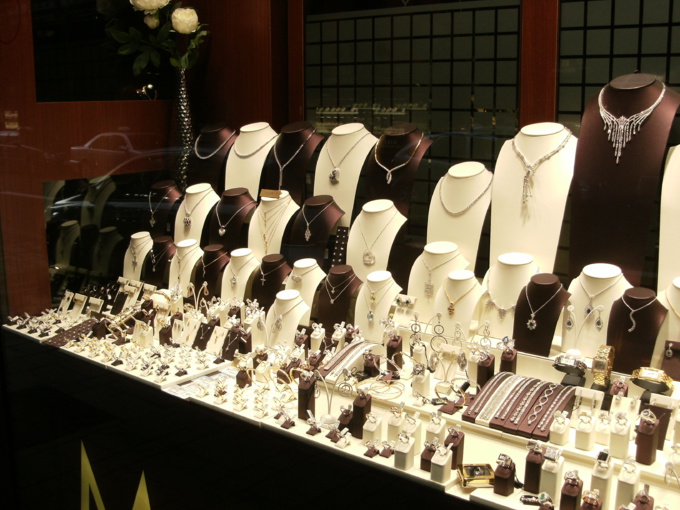The next day, the favorite car of Agent 007 - Aston Martin DB5 - was put up for sale for $ 2.7 million. It was one of 24 vintage cars that all went under the hammer for $ 45 million. After that, two other auctions in New York, organized by the largest auction houses Christie's and Sotheby's, offered potential buyers fine wine, exclusive watches and other luxury items. The total value of all the lots exhibited was $ 200 million.
The British magazine The Economist has been closely following prices for such items for many years - diamonds, classic car models, fine wines, works of art, watches and other antiques - and made up its index of "passion" on their basis. This index is weighed against the state of high-net-worth individual (HNWI) - people with invested assets above $ 1 million, reported by Barclays.
The index of "passion" has been decreasing by an average of 2% per year in the last three years. But from the beginning of 2007, its average yield reached 5.9%, which is higher than the average return of the MSCI World Index, a stock index reflecting the situation on the world stock market. Investments of "passion" can help hedge other rates: art, for example, is usually correlated in inverse proportion to the stock indices.
Offer of many collection items is limited, although the demand for them is steadily growing.
The number of citizens with a high level of income increased from 11 million to 16.5 million from 2011 to 2016, and their general condition reached $ 63 trillion, according to the consulting firm Capgemini. According to its forecast, the wealth of people on the HNWI list will exceed $ 100 trillion by 2025, of which 10% will be invested in collectible items. But experts advise to be extremely cautious: it is sometimes difficult to get a refund from collectible items.
First, the index does not reflect the real value of investments: do not forget about such costly articles as insurance, storage and maintenance.
Secondly, unlike shares, items from the "passion" index are not very liquid (except for fine wines) and are not interchangeable financial instruments (they are rarely exchanged). When you need an urgent sale, often arising when you have debts, death or divorce, you can incur significant losses.
Finally, auctions - the basis for many index indicators - can inflate prices in the market due to a reserve or starting price (reserve pricing). Unlike the record prices last week, on inconspicuous private sales losses are often recorded.
source: economist.com
The British magazine The Economist has been closely following prices for such items for many years - diamonds, classic car models, fine wines, works of art, watches and other antiques - and made up its index of "passion" on their basis. This index is weighed against the state of high-net-worth individual (HNWI) - people with invested assets above $ 1 million, reported by Barclays.
The index of "passion" has been decreasing by an average of 2% per year in the last three years. But from the beginning of 2007, its average yield reached 5.9%, which is higher than the average return of the MSCI World Index, a stock index reflecting the situation on the world stock market. Investments of "passion" can help hedge other rates: art, for example, is usually correlated in inverse proportion to the stock indices.
Offer of many collection items is limited, although the demand for them is steadily growing.
The number of citizens with a high level of income increased from 11 million to 16.5 million from 2011 to 2016, and their general condition reached $ 63 trillion, according to the consulting firm Capgemini. According to its forecast, the wealth of people on the HNWI list will exceed $ 100 trillion by 2025, of which 10% will be invested in collectible items. But experts advise to be extremely cautious: it is sometimes difficult to get a refund from collectible items.
First, the index does not reflect the real value of investments: do not forget about such costly articles as insurance, storage and maintenance.
Secondly, unlike shares, items from the "passion" index are not very liquid (except for fine wines) and are not interchangeable financial instruments (they are rarely exchanged). When you need an urgent sale, often arising when you have debts, death or divorce, you can incur significant losses.
Finally, auctions - the basis for many index indicators - can inflate prices in the market due to a reserve or starting price (reserve pricing). Unlike the record prices last week, on inconspicuous private sales losses are often recorded.
source: economist.com



















